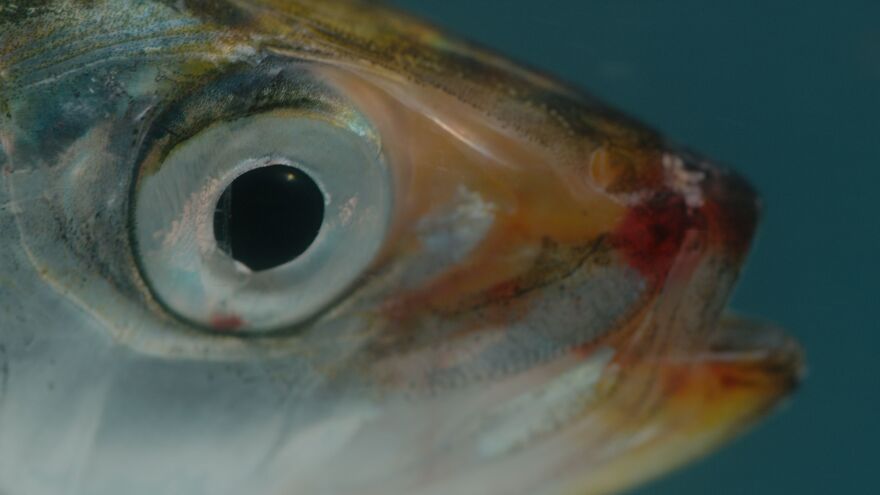Wed. Feb. 16 at 8 p.m. on WKAR-HD 23.1 & STREAMING | The story of South Africa’s annual sardine run is brought vividly to life on camera.

The sardine run along the East coast of South Africa is one of nature’s greatest spectacles, a challenging voyage for these fish as they navigate the ocean, barely escaping the mouths of hungry predators who depend on this event for food.
Between May and July, billions of these tiny fish gather to create a shoal that is many miles long. As the largest biomass migration on the planet, researchers estimate the sardine run could rival Africa’s wildebeest migration.
Prompted by an influx of cold water, billions of sardines start a journey that becomes a “moveable feast” for predators like sharks, dolphins, gannets, seals and whales. Specialty underwater filming techniques, such as multidirectional floating cameras and mounted cameras on boats, capture this event in stunning, closeup detail.
Watch this episode at video.wkar.org during or after the premiere date.
More about Nature:
Nature is a voice for the natural world, bringing the wonders of wildlife and stories of conservation to millions of American viewers. The series has won more than 700 honors from the television industry, the international wildlife film communities and environmental organizations, including 19 Emmys and three Peabody Awards.

